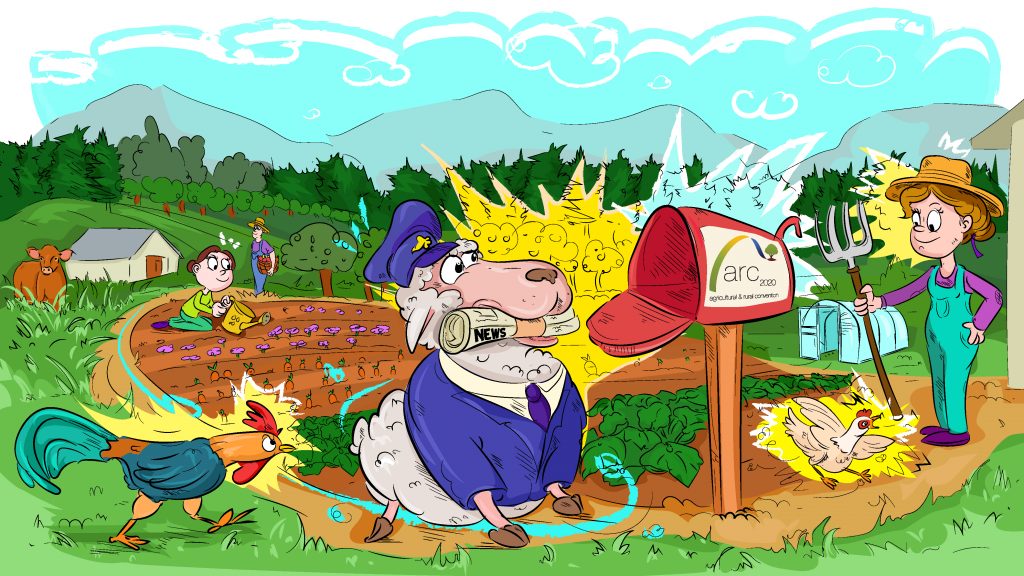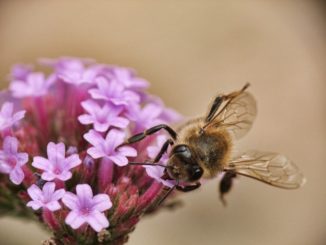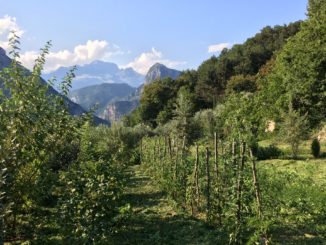Below is the text of the editorial from our monthly newsletter. We’re republishing it here because it deals with a lot of issues of relevance to the extraordinary circumstances we find ourselves in. You can sign up for it here.
Hi there readers,
Well, its been quite a month since we last communicated.
Then, we felt we were entering a big, epoch defining era, and it seems we were correct. While it can feel undeniably overwhelming at times, its also important to remain informed and focused on how we can achieve better food, farming and a rural space – even in our new context.
Much of the last month has been rightly focused on going back to basics – food, shelter, medicine. If we must go back to basics, and refocus on primary production, so be it. So what does this mean?
It means we really have to get it right – we have to have a food system that is regenerative and not extractive – because there is no second chance when it comes to ecological collapse.
Disruption
We now know, more then ever, that when it goes wrong, it can really go wrong. So we can no longer afford to take things for granted. If pollinator populations collapse still further, if Mediterranean horticulture relies ever more on undocumented labour with few rights, if the western diet drives climate change into even more extreme weather events, disrupting our basic ability to function, we cannot say we weren’t warned as to what disruption is.
We know disruption now, and it’s not just some flaky tech solution to a non existent problem.
- Disruption is the wrong food in the wrong place, rotting in fields, while supermarket isles are stacked frantically and some remain empty.
- Disruption is milk poured down the drain by farmers who’s routes to market suddenly don’t work, while queues lengthen for food banks as millions are suddenly food insecure.
- Disruption is queuing to get into air-circulated supermarkets while farmer’s markets and local restaurants are shut, destroying more routes to market for small agroecological producers.
- Disruption is flying tens of thousands farm labourers from the east to the west, while so many of us everywhere can barely leave our houses – even to visit the allotment where physical distance is possible.
Our long complex food systems are, it transpires, extraordinarily fragile. Trade is important, and the EU has a trade surplus, as the level headed Sebastian Lackner reminds us in his two part series. But when our food systems are stressed and don’t flow properly, we rightly worry – especially when we see re-regionalisation and retreats into nationalism.
Things are already tough. There are already crises – biodiversity, climate, and more. And we are now more vulnerable than ever, in this long now. So we have to get it right – we cannot allow the blows to keep raining down upon us, when we are now spinning and dizzy. We are like a boxer with concussion – we need a new sport!
The good news
The good news is, things are moving fast and people are ready for changes in a way they have not been in decades. Doughnut economics is in Amsterdam, while Universal Basic Income is in Spain. In fact, we have a growing list of great initiatives from street to region.
We need to remain connected in solidarity relations both locally and at a distance – there is a case to be made for both cosmolocalism (plan and design globally and digitally, produce in your own region with your own available materials) and for a solitary-orientated food sovereignty – both are possible and indeed necessary and complimentary. We need Fairtrade as the standard for all our relations with third countries, not as an add-on. And we have shown via initiatives like the Open Food Network how digital platforms can be a farmer-friendly force for good.
And if you are feeling inspired, tell our friends in Forum Synergies about your message from the countryside in times of crisis
Yet the old system fights a rearguard action, to cancel all the rules and all momentum towards a better world, including at EU policy level, as our leak from Copa Cogena reveals. What then? What would success look like? Where then for the birds and the bees, for the soil and the water? For a living countryside with some safe level of bioregional sufficiency? Where for our ability to really, genuinely, and in a long term, produce the food we need?
A different kind of protectionism
Yes production needs to be protected, but it needs to be protected from its worst, most short term and most damaging excesses too. It needs to be protected for its future, with basic environmental conditions protected as a core part of this.
After the shock comes rebuilding, and this must be done on the solid foundations of a people’s agroecology, and of a social and solidarity economy for all. As Rob Hopkins put it recently, we need to bounce forward, not back.
Take care and stay safe. Its tough out there, but we are there – here – for each other.
More
Coping with Covid19 – Mutual Aid and Local Responses in a time of Coronavirus
What will the World be like after Coronavirus? Four Possible Futures
Effects of Coronavirus on Agricultural Production – a First Approximation
Framing Farming – Nationalism, Food Security and Food Sovereignty
Coping with Covid19 – Commoning as a Pandemic Survival Strategy
Coping with Covid19 – the Open Food Network and the New Digital Order(s)





